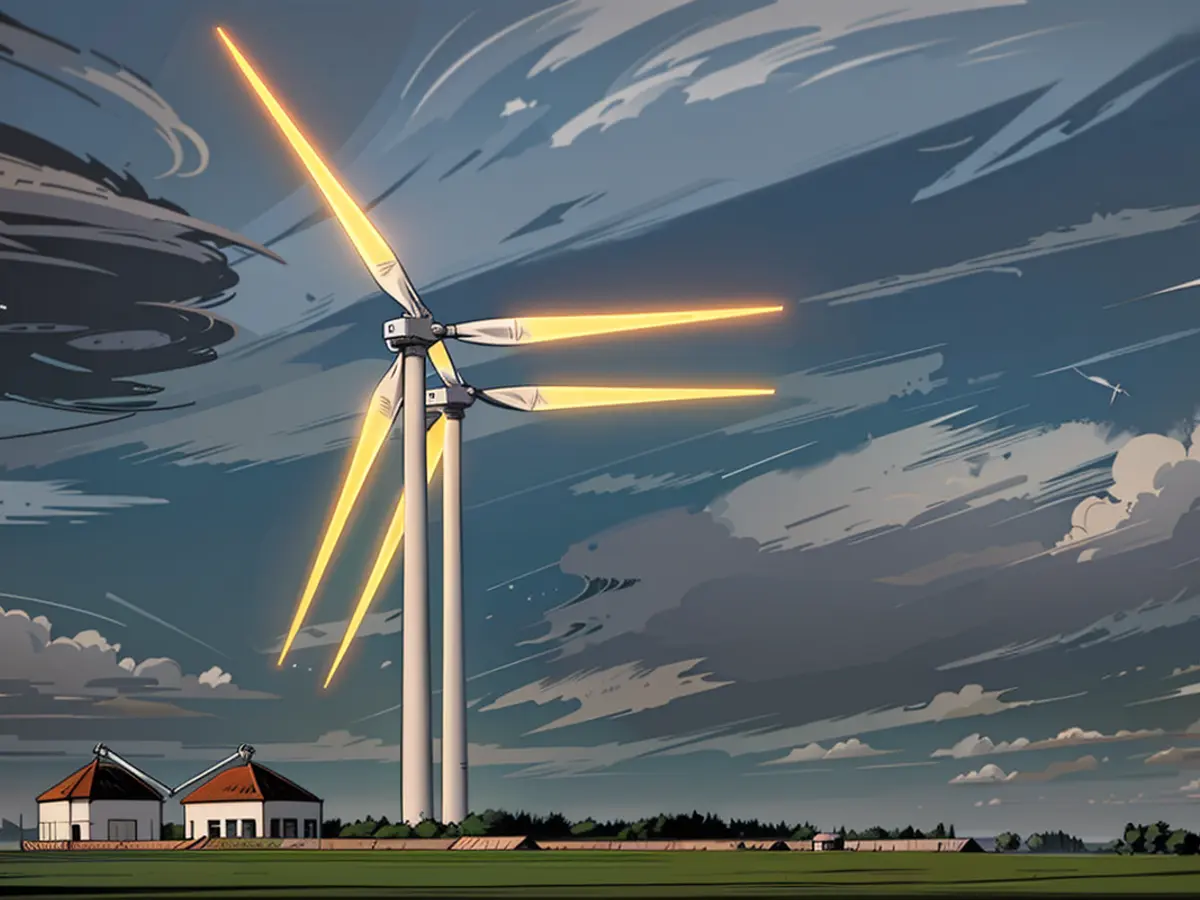The planned hydrogen pipeline project to Denmark has been postponed until 2031.
The initial setup for a hydrogen pipeline from Denmark to Germany has been postponed by several years. The construction initially planned for 2028 is now set for 2031, as per the announcement made by Denmark's Ministry of Climate and Energy. An evaluation conducted by the state-owned enterprise Energinet revealed the necessity of conducting extensive environmental and safety assessments. According to the Climate Minister Lars Aagaard, speaking to Ritzau news agency, sometimes situations demand a harsh reality check.
Aagaard had previously agreed on the pipeline with Germany's Federal Economics Minister Robert Habeck in March 2023. "Green" hydrogen is expected to play a significant role in industrial processes' climate-friendly transformation. Germany aspires to generate substantial "green" hydrogen domestically, but also requires large imports and aims to collaborate with nations like Norway for this purpose. The portion leading from the German border to the Danish city of Esbjerg is now scheduled for completion in 2031, with the whole pipeline completed by 2033.
Hydrogen for Climate Neutrality
Hydrogen is envisioned to be the foundation for shifting to climate-neutral processes, primarily in industries, such as the steel and chemical sectors. It is also imagined to be utilized in marine transport and heavy-duty vehicles, serving as an alternative to electrification.
"Green" hydrogen is generated through electricity sourced from renewable resources, including wind turbines and solar panels. This is envisioned to significantly decrease CO2 emissions, alongside "blue" hydrogen, which is procured based on fossil hydrocarbons.
The demand is colossal. Based on the federal government's strategy, Germany's hydrogen and derivative demand is expected to be between 95 and 130 terawatt hours by 2030. The hydrogen demand is then projected to continue rising, reaching approximately 360 to 500 terawatt hours for hydrogen and 200 terawatt hours for hydrogen derivatives by 2045.
The postponement of the hydrogen pipeline project from Denmark to Germany affects the energy supply, as the initial construction planned for 2028 is now scheduled for 2031. With an increased demand for green hydrogen, the extension of the pipeline is crucial for supplying this clean energy source, which is essential for Germany's climate-friendly transformation in industries like steel and chemicals.








